
Sergei Sergeyevich Prokofiev was a Russian composer, pianist, and conductor who later worked in the Soviet Union. As the creator of acknowledged masterpieces across numerous music genres, he is regarded as one of the major composers of the 20th century. His works include such widely heard pieces as the March from The Love for Three Oranges, the suite Lieutenant Kijé, the ballet Romeo and Juliet—from which "Dance of the Knights" is taken—and Peter and the Wolf. Of the established forms and genres in which he worked, he created—excluding juvenilia—seven completed operas, seven symphonies, eight ballets, five piano concertos, two violin concertos, a cello concerto, a symphony-concerto for cello and orchestra, and nine completed piano sonatas.

Tori Amos is an American singer-songwriter and pianist. She is a classically trained musician with a mezzo-soprano vocal range. Having already begun composing instrumental pieces on piano, Amos won a full scholarship to the Peabody Institute at Johns Hopkins University at the age of five, the youngest person ever to have been admitted. She had to leave at the age of eleven when her scholarship was discontinued for what Rolling Stone described as "musical insubordination". Amos was the lead singer of the short-lived 1980s pop group Y Kant Tori Read before achieving her breakthrough as a solo artist in the early 1990s. Her songs focus on a broad range of topics, including sexuality, feminism, politics, and religion.

Clara Josephine Schumann was a German pianist, composer, and piano teacher. Regarded as one of the most distinguished pianists of the Romantic era, she exerted her influence over the course of a 61-year concert career, changing the format and repertoire of the piano recital by lessening the importance of purely virtuosic works. She also composed solo piano pieces, a piano concerto, chamber music, choral pieces, and songs.

Franz Liszt was a Hungarian composer, virtuoso pianist, conductor, and teacher of the Romantic period. With a diverse body of work spanning more than six decades, he is considered to be one of the most prolific and influential composers of his era and remains one of the most popular composers in modern concert piano repertoire.

Johann Carl Gottfried Loewe, usually called Carl Loewe, was a German composer, tenor singer and conductor. In his lifetime, his songs ("Balladen") were well enough known for some to call him the "Schubert of North Germany", and Hugo Wolf came to admire his work. He is less known today, but his ballads and songs, which number over 400, are occasionally performed.

Hoagland Howard Carmichael was an American musician, composer, songwriter, actor and lawyer. Carmichael was one of the most successful Tin Pan Alley songwriters of the 1930s, and was among the first singer-songwriters in the age of mass media to utilize new communication technologies such as television, microphones, and sound recordings.

GarageBand is a software application by Apple for macOS, iPadOS, and iOS devices that allows users to create music or podcasts. GarageBand was originally released for macOS in 2004 and brought to iOS in 2011. The app's music and podcast creation system enables users to create multiple tracks with pre-made MIDI keyboards, pre-made loops, an array of various instrumental effects, and voice recordings.
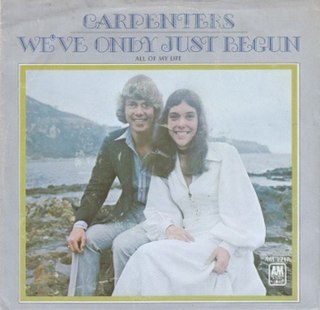
"We've Only Just Begun" is a single by the Carpenters, written by Roger Nichols (music) and Paul Williams (lyrics). It was ranked at No. 414 on Rolling Stone magazine's list of "The 500 Greatest Songs of All Time."
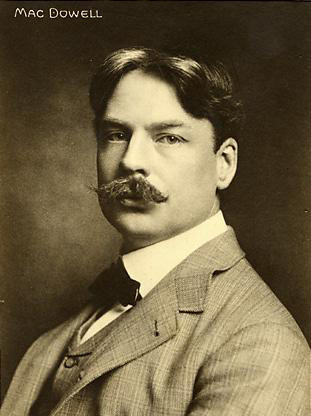
Edward Alexander MacDowell was an American composer and pianist of the late Romantic period. He was best known for his second piano concerto and his piano suites Woodland Sketches, Sea Pieces and New England Idylls. Woodland Sketches includes his most popular short piece, "To a Wild Rose". In 1904 he was one of the first seven Americans honored by membership in the American Academy of Arts and Letters.
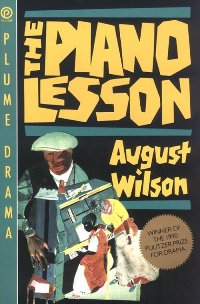
The Piano Lesson is a 1987 play by American playwright August Wilson. It is the fourth play in Wilson's The Pittsburgh Cycle. Wilson began writing this play by playing with the various answers regarding the possibility of "acquir[ing] a sense of self-worth by denying one's past". The Piano Lesson received the 1990 Pulitzer Prize for Drama.
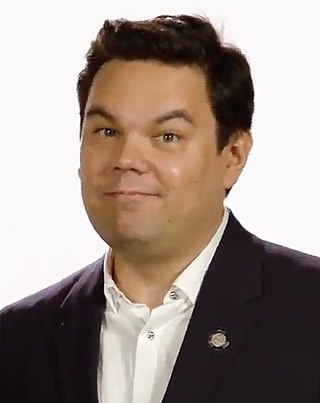
Robert Lopez is an American songwriter for musicals and playwright, best known for co-creating The Book of Mormon and Avenue Q, and for co-writing the songs featured in the Disney computer-animated films Frozen, its sequel Frozen II, and Coco, with his wife Kristen Anderson-Lopez. He is one of only eighteen people who have won an Emmy, a Grammy, an Oscar and a Tony Award, nicknamed by Philip Michael Thomas in 1984 as the "EGOT". He additionally holds the distinctions of being the youngest person to win an EGOT, and winning the awards across the shortest period of time: he won all four in the span of ten years and completed the set at the age of 39. He is also the only person to have won all four awards more than once, having won two Oscars, three Tonys, three Grammys, and four Emmys. With a second set of competitive wins beginning with his June 27th, 2010 Emmy and concluding with his March 4th, 2018 Academy Award, he has broken his own 'fastest to complete' record, establishing a new fastest EGOT interval at 7 year, 8 months.

Eric Howard Carmen is an American singer, songwriter, guitarist, and keyboardist. He was first known as the lead vocalist of the Raspberries. He had numerous hit songs in the 1970s and 1980s, first as a member of the Raspberries, and then with his solo career, including hits such as "All by Myself", "Never Gonna Fall in Love Again", "She Did It", "Hungry Eyes", and "Make Me Lose Control".

Stupid Dream is the fifth studio album by British progressive rock band Porcupine Tree. It was first released in March 1999, and then re-released on 15 May 2006 due to the band's rising popularity on major record label Lava Records with their releases of In Absentia in 2002 and Deadwing in 2005. The album, along with Lightbulb Sun in 2000, represented a transitional period for the band, moving away from the band's earlier work in instrumental and psychedelic music, but before they took a more metal direction in 2002 onwards. The album takes a commercially accessible pop rock sound while still retaining heavy progressive rock influences.
Boys are young male humans.
Papillon, papillons, or le papillon may refer to:

"Pressure" is a 1982 song by American musician Billy Joel released as a single from the album The Nylon Curtain and reached #20 on the US Billboard Hot 100. The synthesizer-driven rock song tells about the pressure of creating and the pressure of being a provider.
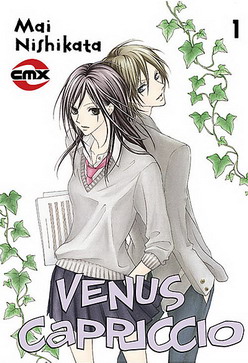
Venus Capriccio is a Japanese manga series written and illustrated by Mai Nishikata about a tomboyish girl and her childhood friend who take piano lessons together. It was first serialized in the Japanese semi-monthly shōjo manga magazine Hana to Yume published by Hakusensha.














